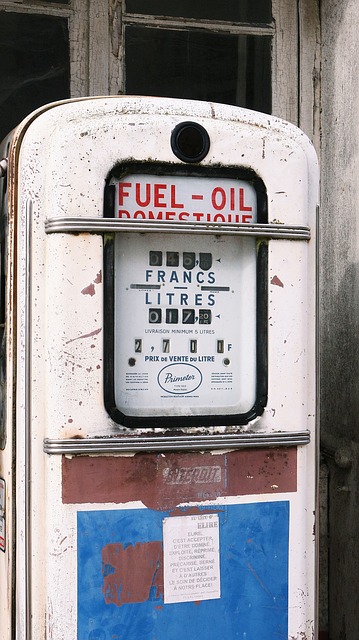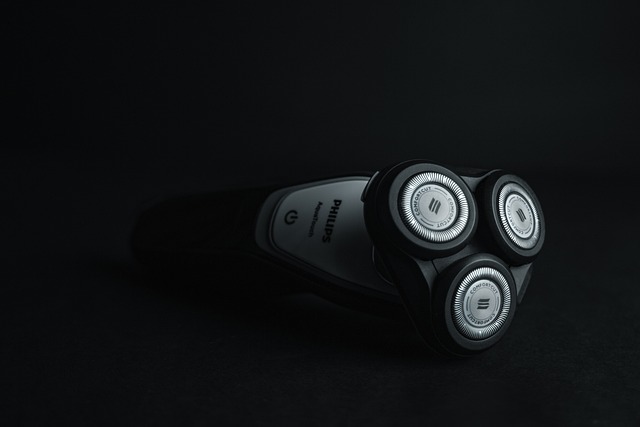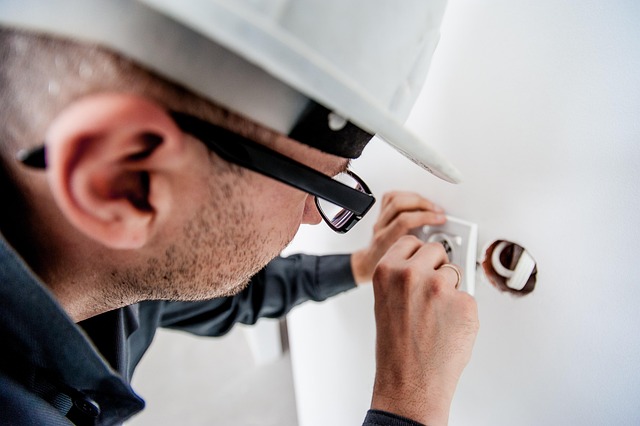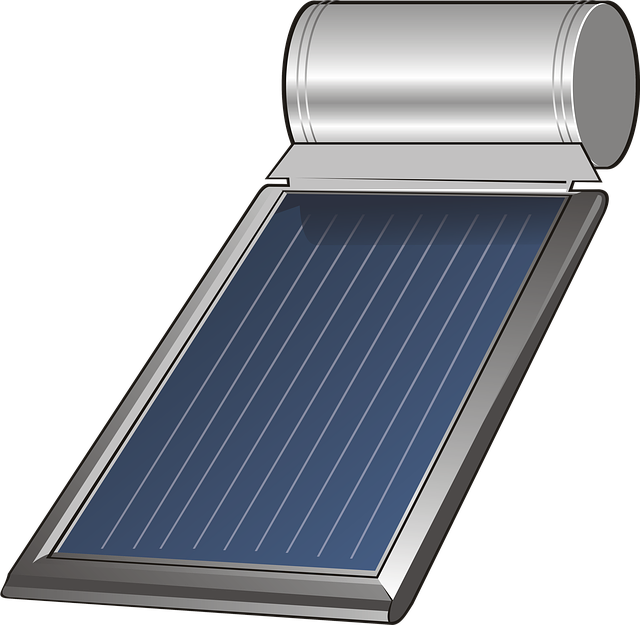Top Electric Water Heaters for Arvada Families: Energy Efficient Picks

Arvada residents should choose modern, energy-efficient electric water heaters for cost savings and…….
Welcome to an in-depth exploration of the innovative world of electric water heaters, specifically focusing on the unique context of Arvada, a vibrant city that has embraced sustainable energy solutions. In today’s fast-paced and environmentally conscious era, understanding the role of electric water heaters is crucial, as they contribute to both efficient energy usage and environmental preservation. This article aims to provide an extensive guide, delving into every aspect related to electric water heaters in Arvada, from their fundamental principles to their global impact, technological advancements, and future prospects. By the end, readers will grasp why this seemingly ordinary appliance is a game-changer with far-reaching implications.
An electric water heater is a household appliance designed to heat and maintain a constant temperature of water for various purposes, such as bathing, cooking, and space heating. In the context of Arvada (or any location), these heaters utilize electricity as their primary energy source, which is then converted into thermal energy to warm water. The core components include an electric element or heating coil, insulation, a storage tank (for hot water), and a temperature control mechanism.
The concept of electric water heating traces back to the late 19th century when inventors began exploring electrical alternatives to traditional coal-fired heaters. Over time, these early models evolved into more efficient and safer appliances. In Arvada’s case, the adoption of electric water heaters gained momentum in the mid-20th century as part of a broader shift towards electrification and energy conservation.
Arvada, located in Colorado, USA, is known for its commitment to sustainable living and renewable energy sources. Electric water heaters play a pivotal role here by:
The global electric water heater market has witnessed significant growth due to increasing environmental awareness and strict energy efficiency standards. Arvada’s adoption of these heaters is part of a worldwide trend towards sustainable living. Key players in this space include China, Europe (particularly Germany and the UK), and North America, which collectively account for a large share of the market.
Globalization has led to the standardization of technologies and designs, making electric water heaters more accessible and affordable worldwide. International trade also facilitates the exchange of best practices and innovative solutions, ensuring that cities like Arvada stay at the forefront of sustainable technology adoption.
The global electric water heater market is projected to grow at a CAGR of approximately 5% between 2022 and 2030, reaching a value of USD 18 billion by 2030. This growth is primarily attributed to:
The market attracts significant investment from both domestic and international companies, primarily in research and development (R&D) of advanced technologies. These investments focus on:
Arvada stands to benefit economically from the growth of this market through:
One of the most significant technological breakthroughs is the introduction of smart water heaters. These devices are equipped with internet-connected sensors and controls, allowing users to monitor and adjust temperature settings remotely via smartphones or tablets. Examples include:
Combining electric water heaters with energy storage systems (ESS) is another game-changer. During off-peak hours, excess electricity can be used to charge the storage units, which then discharge during peak demand or when renewable energy sources are unavailable. This technology enhances grid stability and reduces overall energy costs.
Research in materials science has led to the development of more efficient heating elements. Nanotechnology, for instance, enables the creation of compact yet powerful heaters that warm water faster, reducing energy wastage.
Many governments worldwide offer incentives to promote the adoption of electric water heaters. These include:
Stringent environmental regulations play a crucial role in driving the industry forward. For instance:
Regulatory bodies also dictate safety standards and product certification processes:
One of the primary challenges faced by electric water heater manufacturers and advocates is the higher upfront cost compared to traditional models. However, this can be addressed through government incentives and long-term energy savings demonstrations. Case studies in Australia and the UK have shown that, over time, the savings from lower energy bills outweigh the initial investment.
Criticisms regarding the reliance on renewable energy sources for electric water heaters are valid, especially in areas with inconsistent access to solar or wind power. To counter this, hybrid systems combining electric heaters with storage can provide a reliable backup when renewable energy is unavailable.
Some critics argue that electric water heaters may require more space due to the need for insulation and storage tanks. However, tankless (on-demand) electric heaters offer a compact alternative, providing hot water only when needed, which is ideal for smaller households or limited spaces.
Tokyo has embraced smart city initiatives, incorporating advanced electric water heaters into its urban infrastructure. The city’s water heater network is connected to a centralized system that optimizes heating and cooling based on real-time demand. This approach reduces peak energy usage and provides residents with precise temperature control.
Denmark’s commitment to renewable energy has led to innovative solutions like the “Wind-Powered Water Heating” project in Copenhagen. Here, excess wind energy is used to heat water for district heating systems, significantly reducing carbon emissions associated with traditional water heaters.
San Francisco implemented community solar programs where residents can purchase shares of a central solar-powered water heater system. This model enables those unable to install solar panels on their properties to benefit from renewable energy and participate in sustainable practices.
The Internet of Things (IoT) will play an increasingly vital role, with electric water heaters becoming part of interconnected smart home ecosystems. Voice control, remote monitoring, and predictive maintenance will become commonplace, enhancing user experiences and energy management.
Hybrid systems combining electric water heaters with heat pumps or solar thermal panels will gain popularity. These systems offer greater efficiency and flexibility, especially in regions with varying weather patterns. Moreover, advancements in energy storage technology will enable more effective utilization of renewable energy sources.
The industry is moving towards more sustainable design practices, utilizing recycled materials and minimizing packaging waste. As consumer awareness grows, eco-friendly water heaters will become a preferred choice, driving innovation in this area.
In conclusion, electric water heaters are not just appliances; they are catalysts for change, driving the transition to sustainable energy practices in Arvada and globally. From their efficient heating capabilities to environmental benefits and technological advancements, these heaters have proven their worth. By addressing challenges through innovative solutions and leveraging policy support, the future looks bright for electric water heaters. As technology continues to evolve, we can expect even more efficient, smart, and environmentally friendly water heating systems, ensuring a sustainable and comfortable living environment for generations to come.
Q: Are electric water heaters more expensive to run than traditional gas heaters?
A: Generally, yes, especially in regions with high electricity rates. However, the difference in running costs can be offset by lower upfront installation costs and significant long-term savings, especially when combined with renewable energy sources.
Q: How do I know if an electric water heater is right for my home?
A: Consider your household’s hot water usage, space constraints, and access to renewable energy. Tankless (on-demand) heaters are ideal for smaller homes, while hybrid systems offer the best of both worlds for larger or more diverse needs.
Q: Can electric water heaters be powered by solar energy?
A: Absolutely! Hybrid systems combining electric heaters with solar thermal panels or heat pumps are becoming increasingly popular. This approach leverages renewable energy, reducing reliance on the grid and lowering energy costs.
Q: Are there any government programs to help with the cost of installing electric water heaters?
A: Yes, many governments offer incentives such as tax credits, rebates, and subsidies to encourage the adoption of energy-efficient appliances, including electric water heaters. Check local and national energy efficiency programs for specific details.

Arvada residents should choose modern, energy-efficient electric water heaters for cost savings and…….

Arvada homeowners can save money and protect the environment by investing in efficient electric wate…….

In Arvada, electric water heaters offer energy-efficient and eco-friendly alternatives to gas models…….

Understanding the vital components of an electric water heater in Arvada is crucial for maintenance…….

Insulating your electric water heater in Arvada is crucial for energy efficiency. A commercial plumb…….

When buying an electric water heater under $200 in Arvada, prioritize efficiency and durability from…….

Switching to an electric water heater in Arvada is a smart, sustainable choice that reduces costs an…….

Choosing an electric water heater in Arvada for seniors involves considering energy efficiency, ease…….